Also by Michael S. Heiser
Brief Insights on Mastering the Bible
Brief Insights on Mastering Bible Doctrine
ZONDERVAN
Brief Insights on Mastering Bible Study
Copyright 2018 by Michael S. Heiser
Requests for information should be addressed to:
Zondervan, 3900 Sparks Dr. SE, Grand Rapids, Michigan 49546
ePub Edition March 2018: ISBN 978-0-3105-6657-1
Library of Congress Cataloging-in-Publication Data
Names: Heiser, Michael S., author.
Title: Brief insights on mastering Bible study : 80 expert insights, explained in a single minute / Michael S. Heiser.
Description: Grand Rapids, MI : Zondervan, [2018] | Series: 60-second scholar series | Includes bibliographical references.
Identifiers: LCCN 2017054258 | ISBN 9780310566564 (softcover)
Subjects: LCSH: Bible--Study and teaching.
Classification: LCC BS600.3 .H443 2018 | DDC 220.071--dc23 LC record available at https://lccn.loc.gov/2017054258
Scripture quotations are taken from the ESV Bible (The Holy Bible, English Standard Version). Copyright 2001 by Crossway, a publishing ministry of Good News Publishers. Used by permission. All rights reserved.
Any internet addresses (websites, blogs, etc.) and telephone numbers in this book are offered as a resource. They are not intended in any way to be or imply an endorsement by Zondervan, nor does Zondervan vouch for the content of these sites and numbers for the life of this book.
All rights reserved. No part of this publication may be reproduced, stored in a retrieval system, or transmitted in any form or by any meanselectronic, mechanical, photocopy, recording, or any otherexcept for brief quotations in printed reviews, without the prior permission of the publisher.
Cover design: Rick Szuecs Design
Cover art: www.flaticon.com
Interior design: Kait Lamphere
18 19 20 21 22 23 24 25 / DHV / 15 14 13 12 11 10 9 8 7 6 5 4 3 2 1
Information about External Hyperlinks in this ebook
Please note that footnotes in this ebook may contain hyperlinks to external websites as part of bibliographic citations. These hyperlinks have not been activated by the publisher, who cannot verify the accuracy of these links beyond the date of publication.
To Dave and Wayne Burggraff, my first pastors, who ignited my interest in Bible study
CONTENTS
A nother book on Bible study? Well, yes and no. For sure, my aim in this book is to help readers progress in their ability to study the Bible and understand its meaning. But this isnt like other books on Bible study. Im not concerned with teaching you a method. Instead, Im interested in being honest about what will help you and what wont.
Lets start with a cold dose of truth. As a Bible scholar with more than twenty years of teaching experience, I can tell you that effective Bible study doesnt happen by making the books of the Bible conform to a method. You can learn to repeat steps and follow rote procedures, but that wont produce greater comprehension of what Scripture teaches its readers.
The reason is simple. Biblical writers didnt write with a study method in mind. Books of the Bible can be quite different, so they dont conform to canned approaches. If youve tried one of those Bible study methods books, you know Im telling you the truth. Sure, you learn to write notes, draw in your Bible, and fill blanks in books. But learning tasks isnt grasping what the biblical writers wanted you to see and understand.
There are certainly techniques you can use to study Scripture more adeptly. Ill give you a few of those in this book. But a technique that helps you in one instance may not help you in another. You need a tool chest, not a checklist. How you approach the Bible needs to be flexible and adjustable, not rigid and repeatable.
The key to good Bible study isnt following steps. Its learning to think carefully about what youre reading. You develop thinking skills by asking insightful questions, learning to detect and avoid flawed ideas (your own and those of others), and being dissatisfied with explanations that arent comprehensive. Learning to think well is much more powerful than memorizing a method. Careful thinking allows you to adapt to whatever Scripture presents you rather than asking the same questions of every passage.
Much of what youll read in Brief Insights on Mastering Bible Study is therefore aimed at giving readers sound advice. Its filled with dos, donts, and blunt advice I might suggest if I was peeking over your shoulder as you study. Ive used all of my own recommendations. Some are more obvious than others. Yet theyll all help you move to the next level in getting more from your Bible study.
PART 1
STUDY HABITS
CHAPTER 1
Read the Bible with a Critical EyeIt Can Take It
C hristians revere the Bible. Thats understandable. After all, its Gods Word, the authoritative source for truths we affirm, errors we deny, and the sort of character we strive to develop. Consequently, its sacred status might cause us to flinch at the suggestion that we should question what it says and scrutinize its contents. It feels a little like were judging a book that ought to be judging us.
Is our hesitation biblical? And, dare I ask, is it rational? Frankly, the answer is no in both cases.
The Bible has been fulfilling the roles described above for millennia despite repeated and relentless attempts to destroy it, undermine it, ridicule it, and marginalize it. But its still here. In fact, today there are more Bibles in circulation in more languages than at any time in world history. How could we possibly harm it by asking it to make sense and then pursuing that goal?
The response that subjecting the Bible to critical analysis hurts us is equally incoherent, primarily because the Bible itself encourages its own scrutiny. Ezra is esteemed for his commitment to study (Ezra 7:10). Luke regards the close examination of the Scriptures as a virtue (Acts 17:11). Biblical writers not only quote Scripture but take care to observe minute details like the specific form of words (Gal. 3:16).
We are Gods imager-bearers. God is the most rational being there can be. We share in his attribute. We are not commanded, nor does the Bible ever suggest, that we read Scripture irrationally or without the intellectual abilities for rational thought that God shares with us. Have you ever tried to read anything irrationally? It sort of defeats the purpose of written communication.
Critical thinking is akin to any other human abilityspeech, strength, creativity, resourcefulnessand its ours to employ in loyal service to the true God. Approaching Scripture with a passive, anesthetized mind will not protect Scripture from criticism. It needs no protection. Intellectual laziness in search of truth is no virtue.
CHAPTER 2
Thinking Is Better than Memorizing
W hen I was a freshman in Bible college, one of my professors was something of a zealot for Bible memorization. During the semester he had us memorize 150 verses, punctuation included, using the King James Version. I had an excellent short-term memory, so the feat wasnt that hard. Ive since read the Bible in several versions, but I still recall a lot of Scripture in the KJV. In that respect, Im still living off the capital of that investment in memorization.
While Im thankful for the discipline of that class, I feel compelled to state something obvious: memorization isnt Bible study. Memorization is, well, committing something to memory for later recall. But being able to recollect a verse with precision does not mean you understand it. You could memorize your tax forms, but that isnt going to resolve any confusion that may arise from what they say. Its the same with Scripture. I could memorize the entire Bible, but how does that nurture my comprehension? My precise recall would be the same as simply reading the text word-for-word had I never bothered to memorize it. Whether reciting or reading, I might not know what any of it means in any given place.

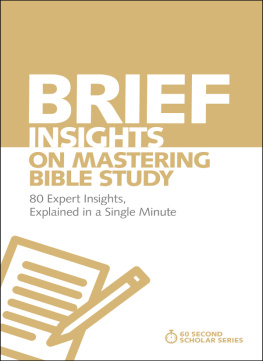

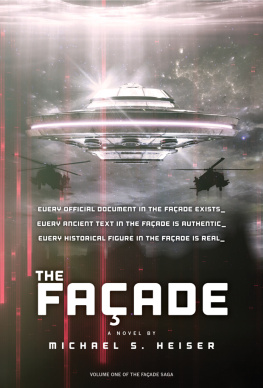
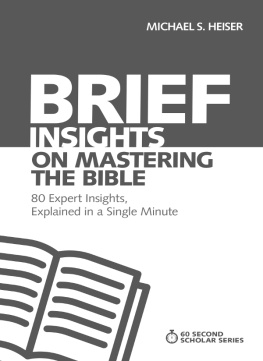
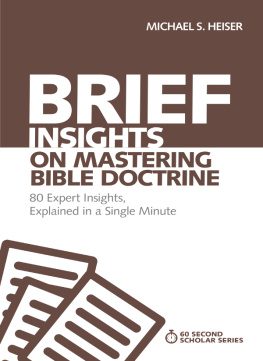
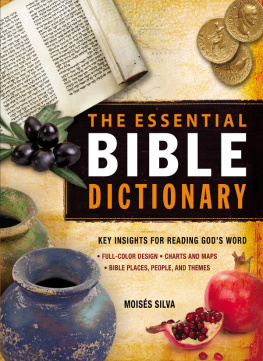
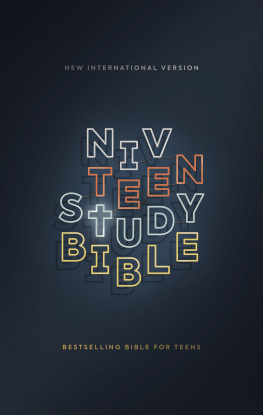
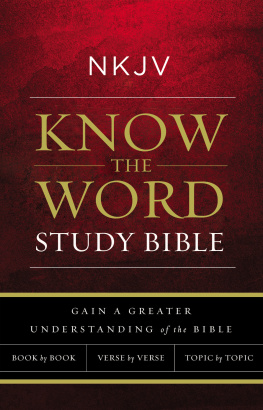

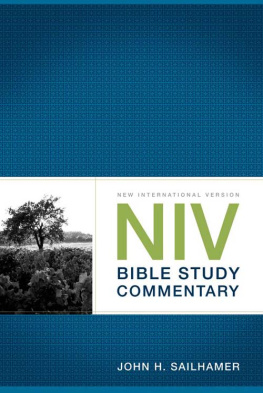


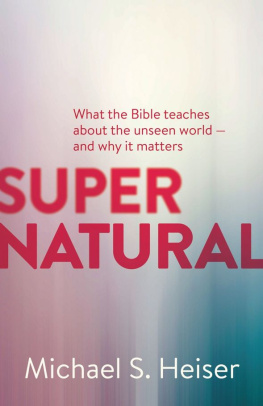
![Thomas Nelson - The NKJV Study Bible [Full-Color Edition]](/uploads/posts/book/79115/thumbs/thomas-nelson-the-nkjv-study-bible-full-color.jpg)
